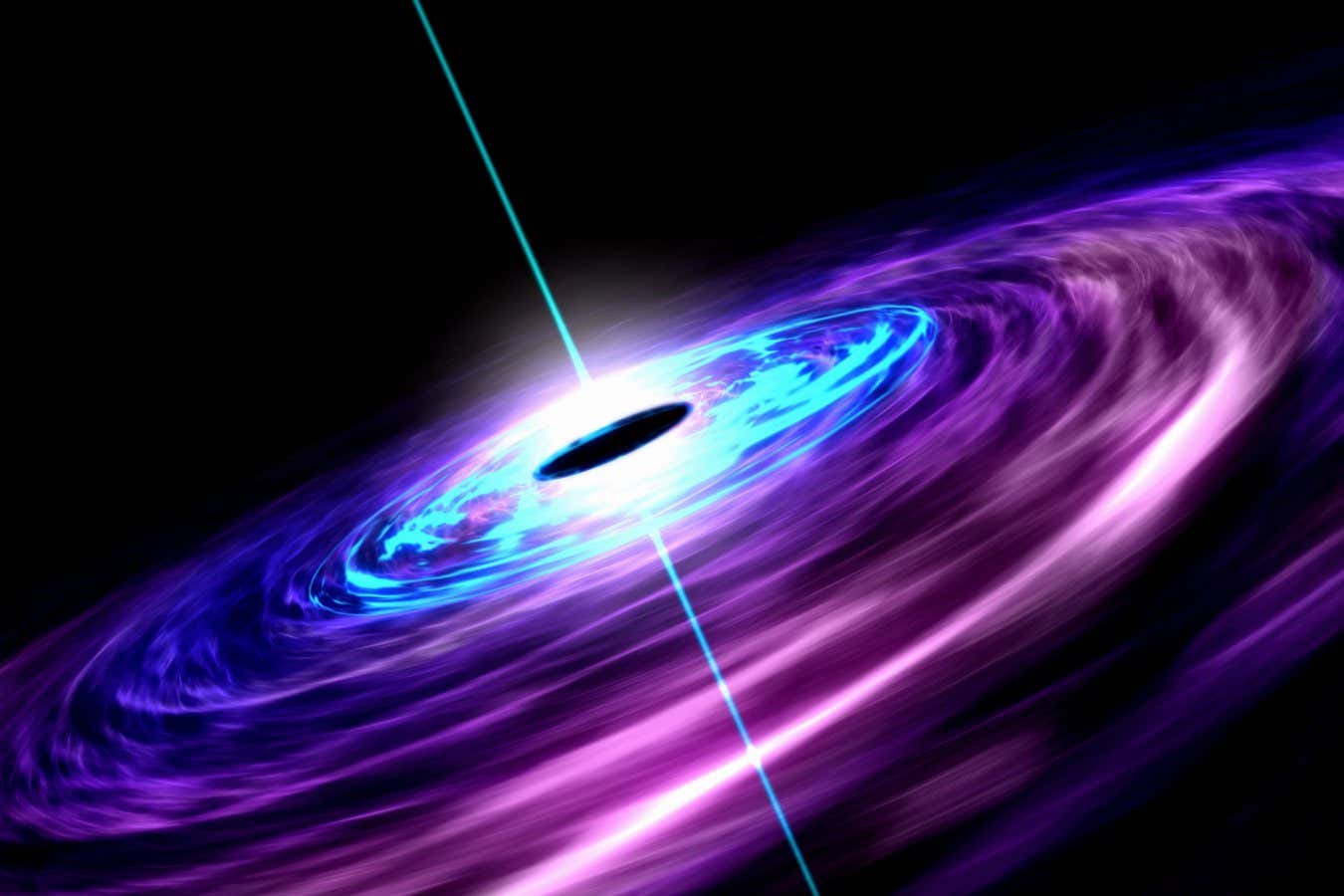Key Takeaways
- The universe’s mass and volume suggest it could theoretically resemble a black hole based on Schwarzschild’s formula.
- However, key differences in expansion characteristics and singularities indicate the universe does not function as a black hole.
- Ongoing analysis ensures that while intriguing, the universe’s properties diverge significantly from those of black holes.
Is the Universe a Black Hole?
At a recent gathering, a guest posed the intriguing question: could the universe itself be a black hole? This idea, while popular in media and discussions, has roots in scientific inquiry dating back to a 1972 paper by physicist Raj Kumar Pathria. The concept is both captivating and complex, but understanding black holes is fundamental to addressing this question.
A black hole is defined as a region in space where gravity is so intense that not even light can escape its grasp. The notion of black holes was first introduced mathematically by astronomer Karl Schwarzschild during World War I when he applied Einstein’s equations of general relativity. His work led to the formulation of a critical volume that determines black hole formation; stacking matter into a volume defined by this formula will yield a black hole. For instance, the mass of a human being would need to be compressed to a size smaller than a hundredth of a proton to form a black hole.
Most black holes result from stellar explosions, such as supernovae, where massive stars collapse under extreme pressure. These celestial giants differ significantly from their supermassive counterparts at galaxy centers, which exhibit lower average densities despite their immense mass. According to Schwarzschild’s principles, larger black holes possess increasing amounts of empty space, resulting in densities that can be less than that of air.
To analyze if the universe fits the criteria of a black hole, researchers must measure its mass and volume. The observable universe encompasses an area with a diameter of approximately 93 billion light years and is estimated to have a mass around 10^54 kg. When applying Schwarzschild’s formula, this mass would hypothetically correspond to a black hole measuring around 300 billion light years across, larger than the observable universe itself.
Yet, establishing the universe as a black hole is not straightforward. One notable distinction lies in the behavior of space within a black hole versus the expanding universe. Inside a black hole, space behaves anisotropically—stretching and compressing in different directions—which leads to phenomena like “spaghettification.” In contrast, the universe expands isotropically, meaning it grows uniformly in all directions.
Despite some similarities, such as the concept of an event horizon—where beyond a certain point nothing can escape, akin to light from extremely distant galaxies—the expansion and singularities differ significantly. In black holes, singularities denote future points of infinite density, while the universe’s singularity represents an initial state where density was infinitely high at the moment of the Big Bang.
Overall, while mathematical calculations may suggest parallels between the universe and black holes, the structural and dynamic differences reveal that the universe does not resemble a black hole. This exploration is particularly vital in the context of understanding gravity’s complexities, showcasing its ability to create both formidable black holes and an ever-expanding universe.
Jonas Enander, a scientist and author, is engaging with these deep inquiries in his upcoming book, highlighting the relationship between black holes and humanity’s understanding of the universe.
The content above is a summary. For more details, see the source article.















